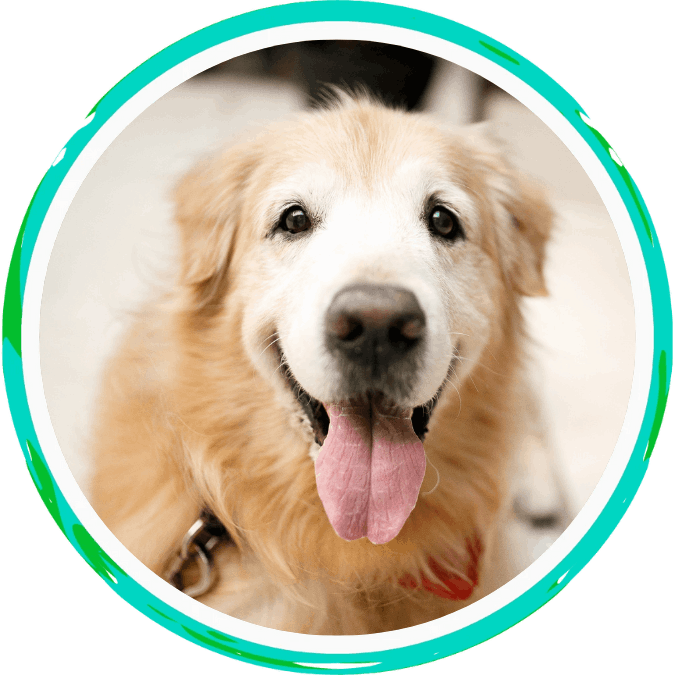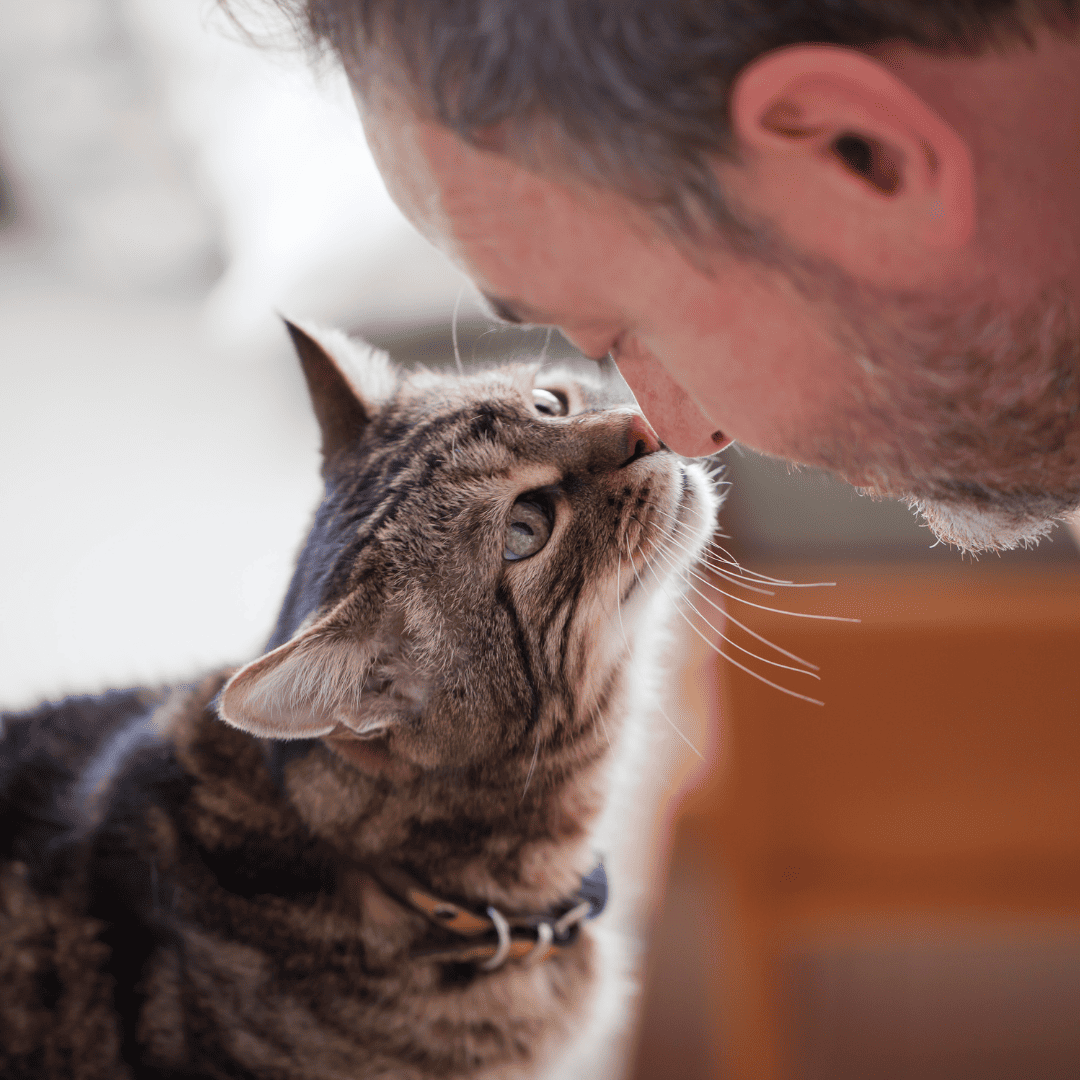Senior Pet Care & Pain Management in Davie, FL
Our senior pet care and pain management services are designed to support your dog or cat through their golden years with compassion, comfort, and expert medical guidance.
Understanding Senior Pet Care
Just like humans, pets face new challenges as they get older. Mobility issues, chronic pain, changes in appetite, and reduced energy can all affect their quality of life. Many senior pets also become more susceptible to arthritis, heart disease, kidney issues, and cognitive decline.
At Aycock Veterinary Clinic, we believe aging doesn’t have to mean suffering. Through proactive care and thoughtful monitoring, we can extend your pet’s comfort, mobility, and vitality well into their senior years.
What to Expect from Our Senior Pet Care Services
Our approach to senior pet care is centered around early detection, customized treatment, and quality of life. We tailor every plan to your pet’s needs and closely monitor their health as they age.
Comprehensive Wellness Exams
Senior pets benefit from exams at least twice a year. These visits allow us to track subtle changes, manage chronic conditions, and adjust treatment plans as needed.
Routine Lab Work & Diagnostics
Regular bloodwork, urinalysis, and diagnostic screenings help us detect underlying issues early, before they progress. Conditions like kidney disease or diabetes can often be managed more effectively when caught in the early stages.
Pain Management for Aging Pets
Many senior pets experience chronic pain due to arthritis or joint degeneration. We offer a variety of safe, effective pain relief options, including anti-inflammatory medications, joint supplements, and physical therapy recommendations.
Our goal is to reduce discomfort and help your pet move more easily, rest more comfortably, and engage with the world around them.
Signs Your Senior Pet May Be in Pain
Pets often hide discomfort, so it’s important to watch for subtle changes, especially in older animals. Let us know if you notice any of the following:
- Stiffness, limping, or trouble getting up
- Reluctance to jump, climb stairs, or walk
- Increased sleeping or changes in behavior
- Loss of appetite or weight loss
- Whimpering, restlessness, or irritability
- House soiling or reduced mobility
Our veterinary team will assess your pet and help you understand what normal aging is and what might need attention.
If your pet is starting to slow down or you’re noticing changes in their health or behavior, it might be time to reassess their care needs.



